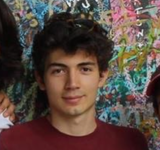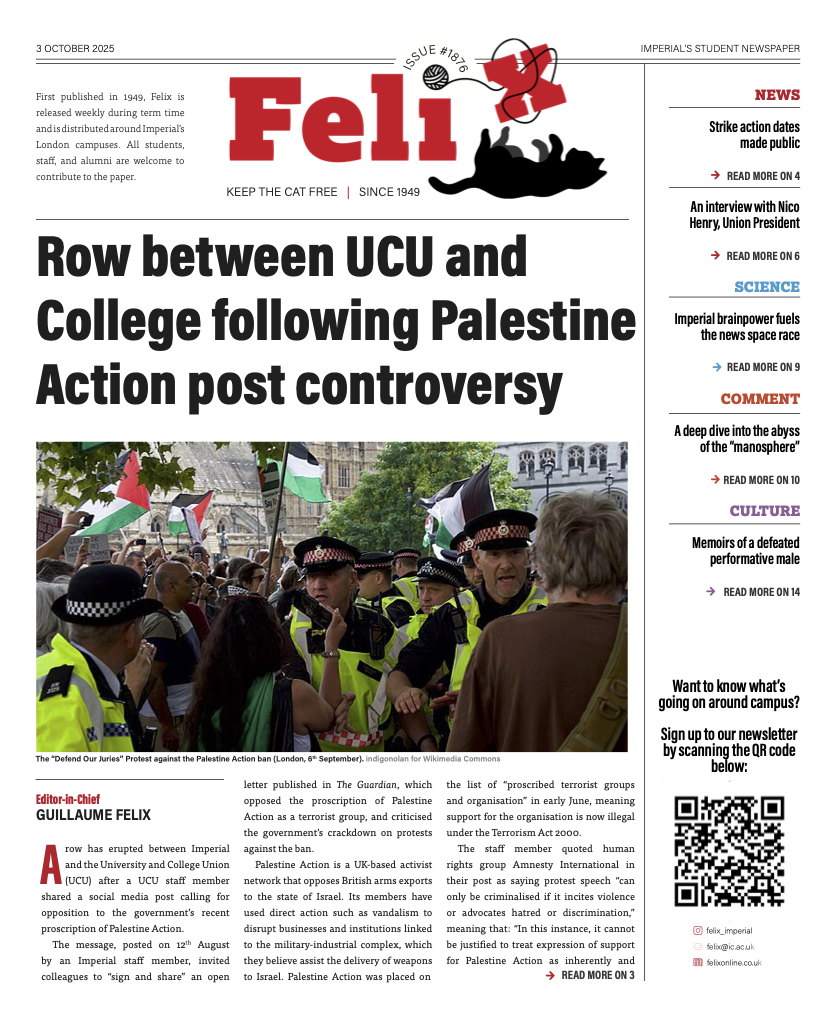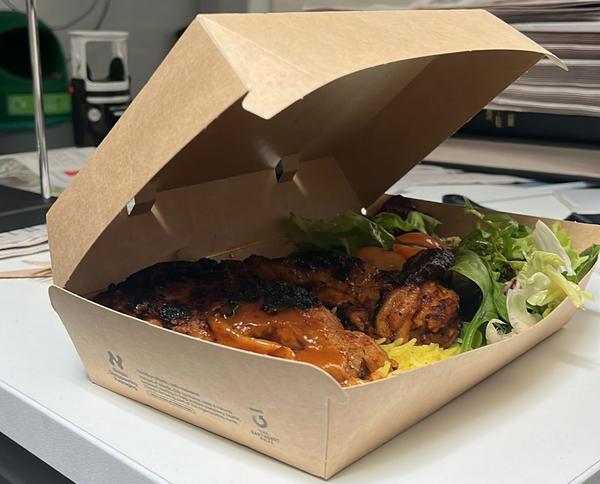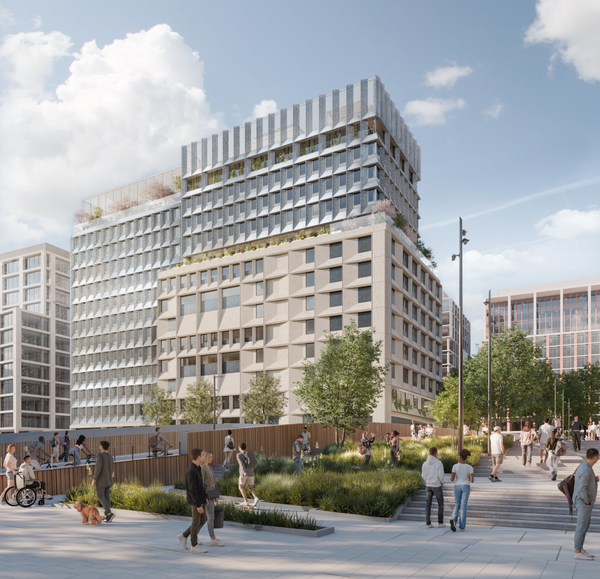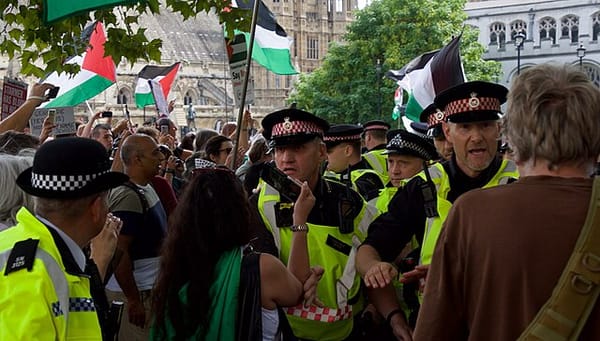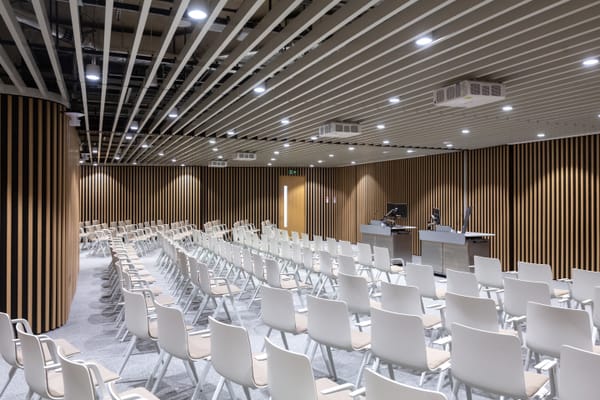Meet Nico Henry, the Union President
The former physicist shares his past experiences and ambitions for the year
Read an edited transcript of this interview here
Nico Henry was elected Imperial College Union (ICU) President in a landslide last spring, collecting over a third of first-round votes in the 2025 Leadership Elections. Outspoken about his own neurodivergence and everyday struggles, the physicist-turned-leader doesn’t conform to political archetypes.
Yet there is a precedent for the position in his family. His grandfather was a left-wing political activist who presided over the student union of his law university in Argentina under military rule. His convictions cost him his life, as he eventually joined the thousands of desaparecidos, political prisoners who were abducted by the junta and never heard of again.
Although the situation in the UK is in no way comparable, Nico considers that, similarily, the role of a Student Union is to make for the shortcomings of the state. “Charities exist because the government is failing somewhere,” he tells me. “A Students’ Union is a charitable organization, with the mission of supporting our students.”
Nico “didn’t know much of what the Union did” before getting involved, so I ask him to break his role down for freshers.
The Officer Trustees (OT) are students who are elected by their peers to guide the decision-making process at the highest level of the Union. That involves sitting in “a lot of university committees,” Nico says. “In every university committee – other than university management board – there is an officer or someone from ICU, so we’re always up to date on what’s happening.”
What does that look like on a day-to-day basis? “We deal with low level issues – like year-level issues – and more institutional issues, like the state of the buildings. And then, on a national level, we try to to lobby for different things, like supporting our international students.”
Last year, Nico was Deputy President for Welfare (DPW), another OT role that focuses on student wellbeing. He considers his role in the student accomodation rent negotiations to be one of his most meaningful achievements.
“I was new to the role, and I get brought into a meeting with the Union President, and we get told we need to increase rent because of carbon net zero. And I thought, ‘okay’. And when we start looking at the numbers, it’s a 35% increase on average for our students and a 58% increase for the 1000 cheapest beds.”
“So that was a very long process. That was quite a lot of work and very stressful – not knowing how the university works, and having to call people out. At points, I got quite a lot of social anxiety, if I’m honest about it – am I making too much noise? Is this even worth it?”
After protracted negotiations, the OT team was eventually able to reach a compromise on the rent increase. “I think that the most complicated thing was having to be in the same meetings as people that I was doing the rent negotiations with, on good terms and on bad terms, depending on what topic we were talking about.”
In addition to perfecting negotiation skills on the run, the learning curve was steep in terms of workload and stress management. “The advice I got given, was that a good work-life boundary doesn’t mean not working at home or not doing home stuff at work,” reflects Nico. “It just means when you’re doing work stuff, you’re only doing work stuff.” What takes his mind off of work in the evenings? “For me, it’s cycling and [my] cats, definitely.”
While serving as DPW, Nico understood the value of having some reelected officers on the team for continuity (students can serve in sabbatical positions for a maximum of two consecutive years). “I had the luck and privilege of having three returning officers who were able to show me everything pretty quickly,” he recalls. “That’s why I ran. And by running from DPW to President, I’m now able to oversee more things that I wanted to see last year.”
“I honestly don’t like the name President, and I don’t like the aspect where my face is on places, and the social media aspect of it. I just like the work that comes with it and the impact.”
Since last year, Nico, as well as Deputy President for Education Emina Hogas (who was since reelected to this office), have organised regular drop-ins for students.
“Do call us out, do hold us to account. Do come up to us and ask, ‘What’s going on with this?’ Because it also helps us. It also shows what students care about.”

